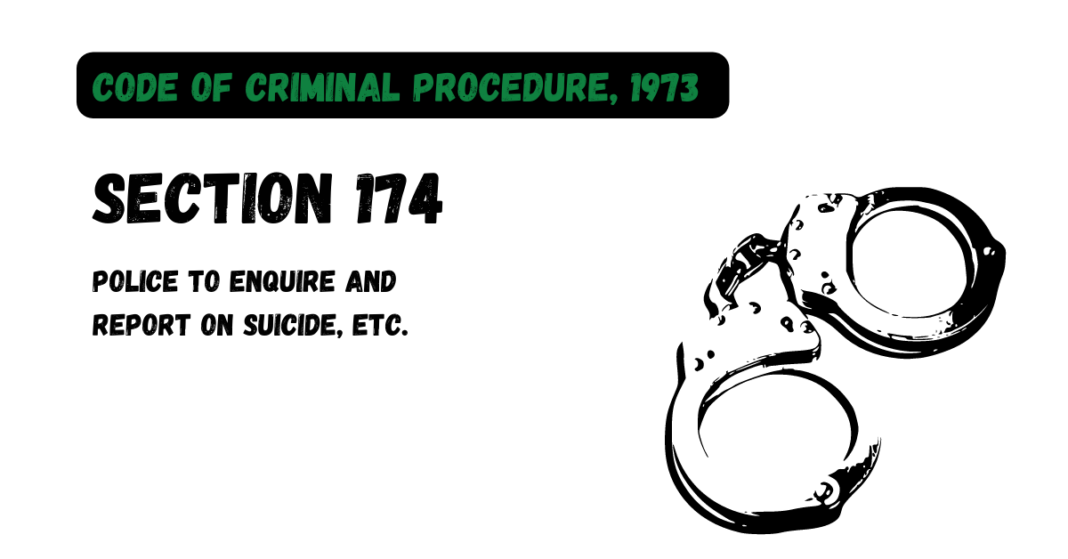(1) When the officer in charge of a police station or some other police officer specially empowered by the State Government in that behalf receives information that a person has committed suicide, or has been killed by another or by an animal or by machinery or by an accident, or has died under circumstances raising a reasonable suspicion that some other person has committed an offence, he shall immediately give intimation thereof to the nearest Executive Magistrate empowered to hold inquests, and, unless otherwise directed by any rule prescribed by the State Government, or by any general or special order of the District or Sub-divisional Magistrate, shall proceed to the place where the body of such deceased person is, and there, in the presence of two or more respectable inhabitants of the neighbourhood, shall make an investigation, and draw up a report of the apparent cause of death, describing such wounds, fractures, bruises, and other marks of injury as may be found on the body, and stating in what manner, or by what weapon or instrument (if any); such marks appear to have been inflicted.
(2) The report shall be signed by such police officer and other persons, or by so many of them as concur therein, and shall be forthwith forwarded to the District Magistrate or the Sub-divisional Magistrate.
(3) When—
(i) the case involves suicide by a woman within seven years of her marriage; or
(ii) the case relates to the death of a woman within seven years of her marriage in any circumstances raising a reasonable suspicion that some other person committed an offence in relation to such woman; or
(iii) the case relates to the death of a woman within seven years of her marriage and any relative of the woman has made a request in this behalf; or
(iv) there is any doubt regarding the cause of death; or
(v) the police officer for any other reason considers it expedient so to do, he shall, subject to such rules as the State Government may prescribe in this behalf, forward the body, with a view to its being examined, to the nearest Civil Surgeon, or other qualified medical man appointed in this behalf by the State Government, if the state of the weather and the distance admit of its being so forwarded without risk of such putrefaction on the road as would render such examination useless.
(4) The following Magistrates are empowered to hold inquests, namely, any District Magistrate or Sub-divisional Magistrate and any other Executive Magistrate specially empowered in this behalf by the State Government or the District Magistrate.





